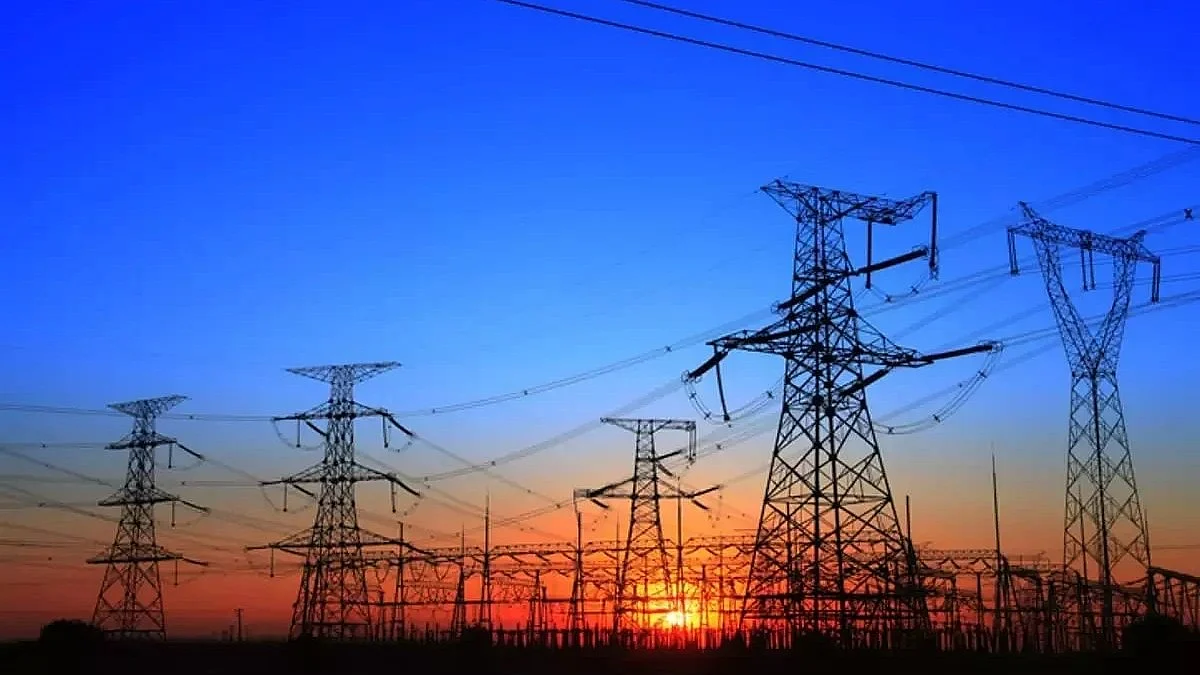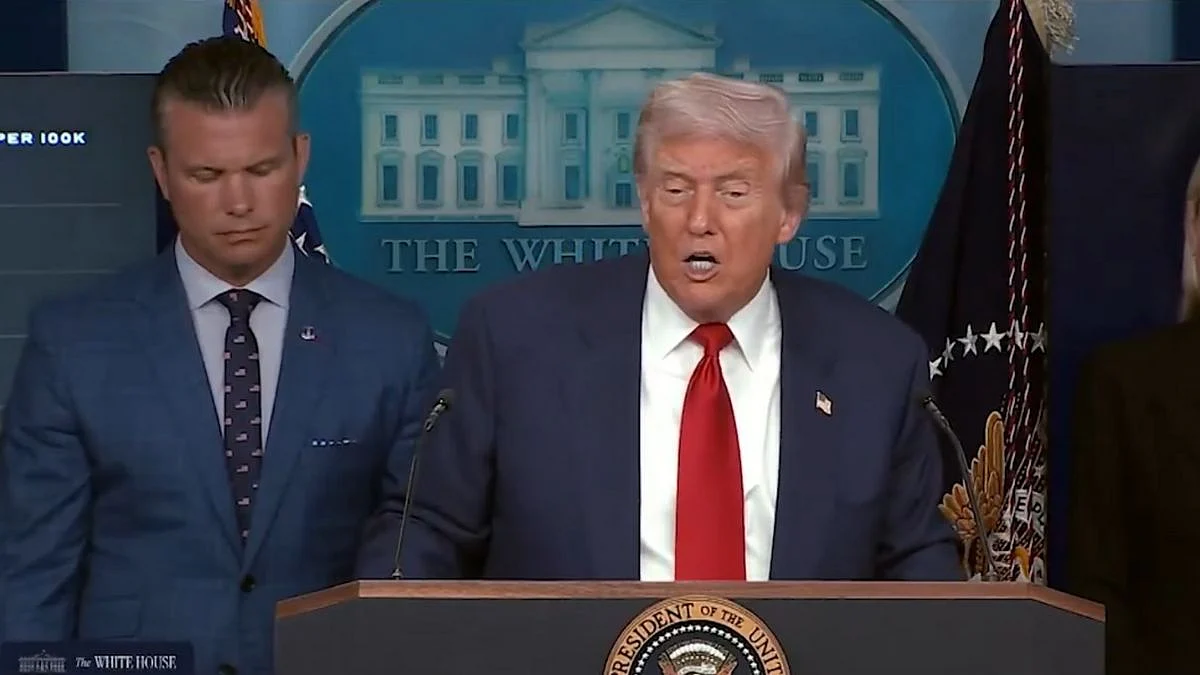The International Court of Justice has asked Russia to immediately halt its military operation in Ukraine, in a 13-2 decision. Indian judge at the UN court, Justice Dalveer Bhandari, voted in favour of the majority, against Russia.
"The court is profoundly concerned about the use of force by the Russian Federation which raises very serious issues in international law," Justice Donoghue told a hearing in The Hague.
While the rulings of the International Court of Justice are binding in theory, there have been cases where countries have ignored them, as the ICJ has no direct means of enforcing its orders.
Justice Bhandari voting against Russia, though an independent move based on his interpretation of the Russia-Ukraine issue, is different from what India's official position has been in different international fora.
India has abstained from voting on the Ukraine-Russia issue in the UN and instead called on both sides to focus on negotiations and end hostilities.
As part of a wider case that could take years to complete at the Hague-based ICJ, Ukraine asked judges to order Russia to “immediately suspend the military operations” launched Feb. 24 “that have as their stated purpose and objective the prevention and punishment of a claimed genocide” in the separatist eastern regions of Luhansk and Donetsk.
David Zionts, a lawyer in Ukraine’s legal team, called that Russian claim “a grotesque lie.”
The request for an order to halt Russia’s attack is linked to a case Ukraine has filed based on the Genocide Convention, which has a clause allowing nations to take disputes based on its provisions to the World Court.
The success of Ukraine’s request will depend on whether the court accepts it has “prima facie jurisdiction” in the case.
Before last week’s hearing, the court’s president, U.S. judge Joan E. Donoghue, sent a message to Russian Foreign Minister Sergey Lavrov on March 1 pressing home the necessity to act “ in such a way as will enable any order the Court may make on the request for provisional measures to have its appropriate effects.”











